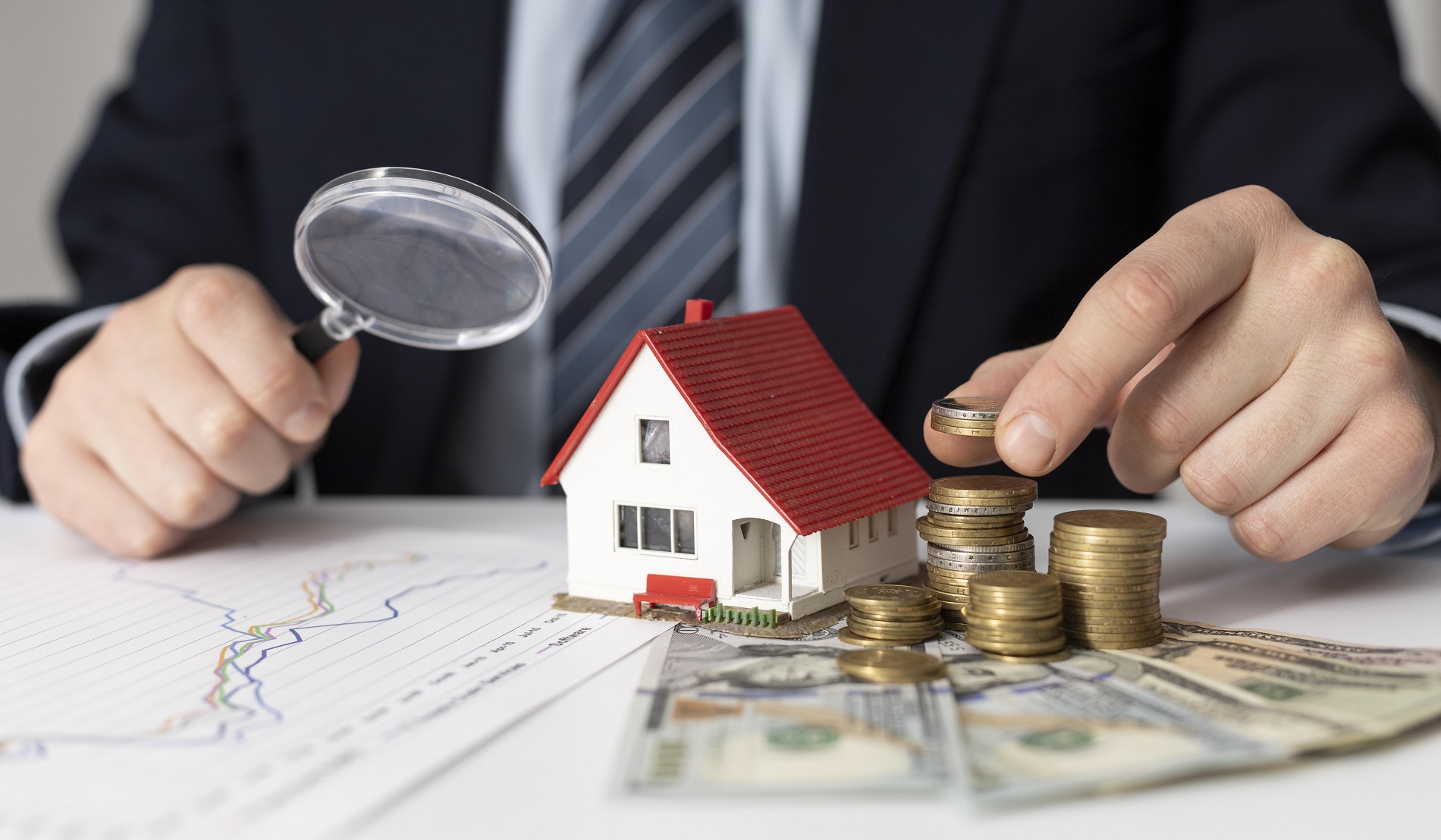
Photo: Freepik (for illustration purposes only)
OPINION | Latest property cooling measures over the top, miss the point
By Ajit Nair
Piling on cooling measures, as the Government has again done today, is not the solution to Singapore’s property woes.
Royston Sim of the Straits Times estimates that, based on 2022 data, the additional buyer stamp duty increases “will affect about 10 per cent of residential property transactions.” In other words, the measures will not affect 90 per cent of buyers. So, the assumption is that somehow one-tenth of buyers are the potential cause of instability in the market. This minority presumably includes foreigners, Singaporean investors and entities. Sim points out that this is the third round of cooling measures in the past 16 months: “The Government said that while the earlier two rounds of measures in December 2021 and September 2022 have had a moderating effect on the market, property prices showed “renewed signs of acceleration amid resilient demand” in the first quarter of 2023.”
But where is the resilient demand coming from? Clearly, it is from the segment that is not impacted by the cooling measures. This happens to be the majority of buyers in Singapore.
Surprisingly, the Opposition has not picked up on this point to challenge the government even more pointedly. In some jurisdictions, the authorities would have been made the subject of scorn by the Opposition, as they constantly pile such measures to cool the property market. The Opposition would have long declared that it was not the right solution. But I digress.
The Singapore residential market is relatively small in size, with a modest number of sellers and buyers, plus a collection of middlemen, otherwise known as property agents. The market goes through cycles which, for extended durations, take the shape of a plateau or a gentle trajectory. But at the end of a cycle, it goes through a convulsion with a significant increase in the number of property agents. With social media these days, there are also new and thinly disguised variants of middlemen known as property influencers or property gurus.
The market appears cornered by vested interests playing on the psychology of buyers who do not want to miss out on a good deal. They create an environment that is filled with hype and irrational exuberance. Unsophisticated buyers are told that buying from a developer at launch will always get them the lowest price and certainty of making a profit when the projects are completed. And such gurus claim to have a proven methodology to help buyers achieve exceptional gains regardless of market cycles. None of this is true, but it is a good strategy to exploit the fear of missing out when there is an abundance of irrational exuberance.
To show that the Singapore residential property market is rather imperfect, we have to explore where sound economic principles have been distorted.
1. There are more agents than the number of units to be sold at new launches, resulting in a misallocation of resources
2. Property agencies have consolidated to form an oligopoly and have cornered the market for new launches
3. The rules of supply and demand have been turned upside down, and launches in peripheral areas command prices equal to prime areas
The prices of residential properties in prime areas have hardly moved since the introduction of the cooling measures. But prices for landed properties and condominiums outside of central areas, which are mainly bought by Singaporeans, have moved up significantly. According to some reports, mass market condominiums in Singapore are now reaching Hong Kong’s price levels. Still, prime Singapore properties are a fraction of the price of equivalent Hong Kong properties. Mass market properties are overvalued, while central area properties are undervalued.
There is a widening gap between new launches and resale prices which could be due to the significantly higher commission for new launches. Without transparency, buyers may be overpaying as their interests are not aligned with their agents, who get an even higher commission for difficult-to-sell units. With the current rates for ABSD, it is hard to justify investing in the Singapore property market for most Singaporeans. This could lead to a capital outflow as more Singaporeans find that they can buy a property elsewhere for the ABSD amount, leading to higher rentals as the supply of rental units stagnates.
Cooling measures have not effectively targeted the loophole that property agents and developers have exploited. It has aided them in creating a mentality amongst first-time owners and upgraders to take advantage of the privilege of buying one private property without ABSD. Developers should be required to be transparent and publish the commission they are paying agents so that buyers would be alerted when higher commission rates are being paid for some launches or difficult-to-sell units. Developers should also be encouraged to provide an option to visit a show house without an agent and to pass on some of the savings to buyers who do not need an agent.
The Ministry of National Development should issue clear guidelines on fake news and false advertising on social media and prosecute the popular property influencers and gurus who have made outrageous claims. The rest will fall in line quickly.
When prospective buyers arrive at a show flat, they often get the same feeling they get being swamped by pirate taxi touts at some third-world airport. Things don’t have to be that way. But are first-time buyers making a rational decision when made under duress in an exuberant environment? Perhaps it is time to introduce a three-day cooling period to protect buyers from over-committing.
Developers have done well selling mass-market condominiums at ever higher prices, and property agents have done well collecting bigger and bigger commissions. But who is ultimately paying for these overpriced properties? Like a pyramid scheme, it is sustained by new buyers who come in at ever-increasing price points. When the market runs out of potential new buyers, the prices of mass market condominiums will be exposed as inflated.
Despite numerous cooling measures, the residential property market is highly skewed. Singapore should develop a healthy and vibrant property sector where all segments are moving in tandem with fundamentals and are attractive for homeowners and investors.
Ajit Nair is an astute Singapore real estate observer and property watcher




